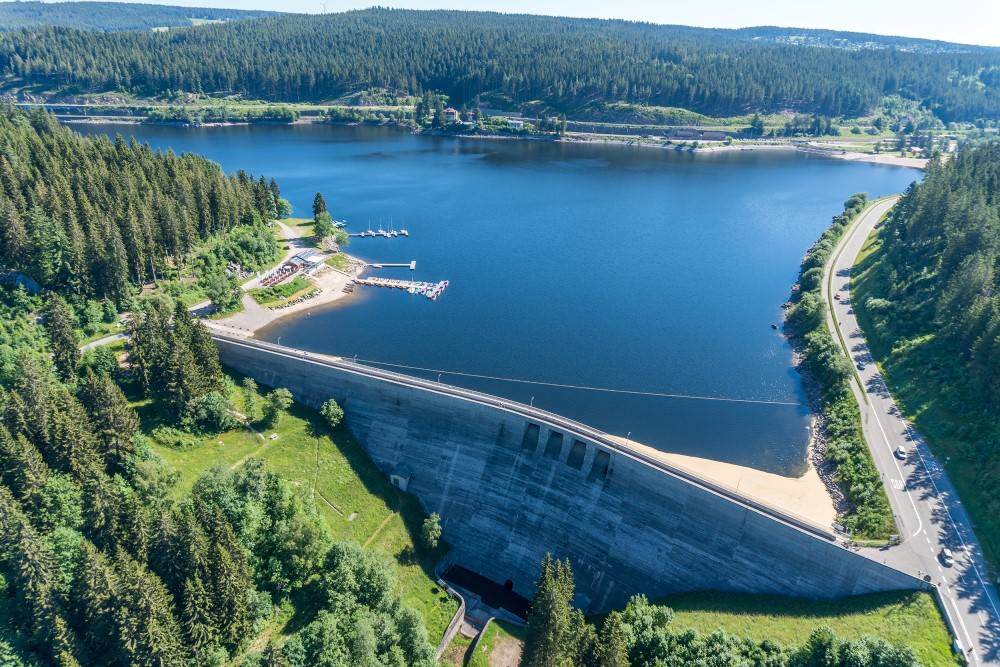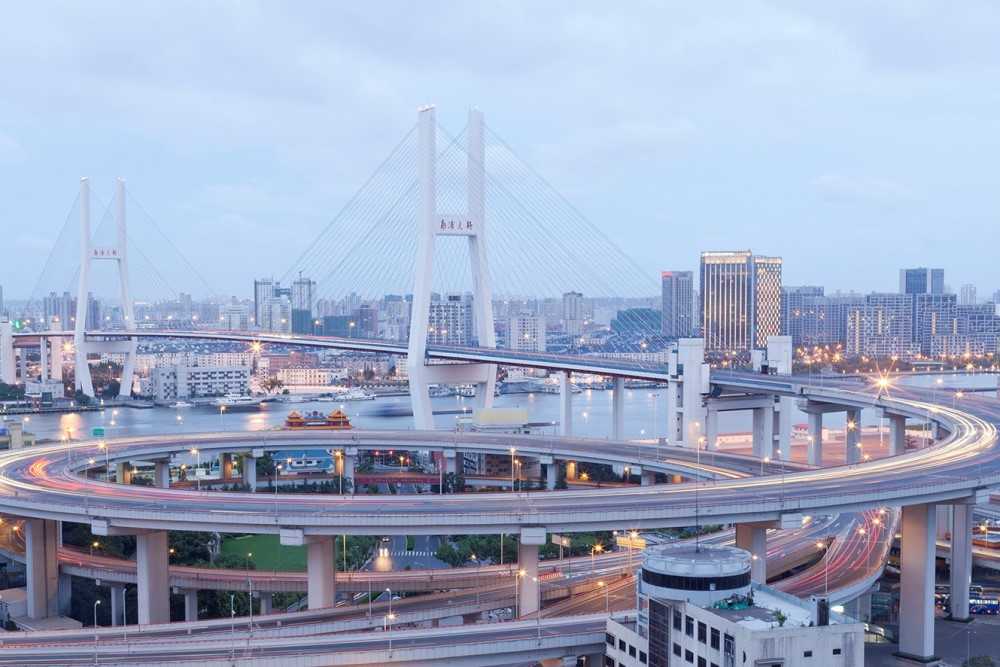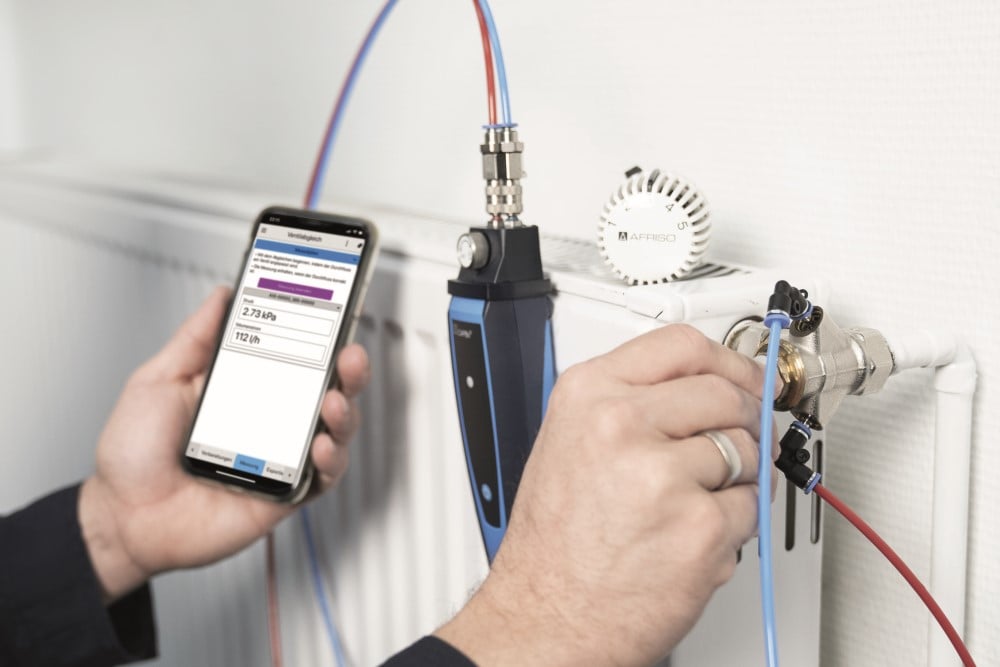- Management Consulting
- Smart Enterprise
- Data & Analytics
- Cyber Security
- Customer Success | AMS
- Products
- Success Stories
- Corporate Social Responsibility
- Diversity
Healthy is not always healthy. Fresh products such as salads, vegetables and fruit have a disastrous carbon footprint. On average, there are 2,400 kilometers between the area where they are grown and the plate on which they are served. On their journey, they also lose nutrients drastically. And to ensure that consumers are supplied with products that are as visually flawless as possible, around 2.5 million tons of pesticides are used every year. Conditions that were no longer acceptable for the founders of Hamburg-based &ever GmbH.
In 2015, with the conviction that they could revolutionize the urban food supply in a sustainable and holistic way, the founders of &ever set themselves the goal of building indoor vertical farms in city centers worldwide in order to supply both the catering industry and the consumer with fresh, pesticide-free, local salads, herbs and small vegetables all year round. Transportation distances are thereby reduced to near zero. Since the produce is harvested just before consumption, optimal nutritional content of the food is also ensured.
Video: The &ever farm in Kuwait
In order to be able to achieve maximum efficiency in the production of the plants, &ever set itself the goal of automating the entire production process. This includes production planning in particular.
All the applications required for this should be able to be adopted in all the farms planned worldwide without any major adjustments. This fact, coupled with the ambitious expansion plans of the Hamburg-based start-up, led to the decision not to deal with in-house developments in terms of software, but to rely on the scalability of a large software solution right from the start. In the future, &ever plans to operate indoor farms in more than 20 countries, each with several production lines. These are to be controlled centrally, ideally by an unskilled employee who operates and manages the farm with his smartphone − this is the idea of the start-up company.
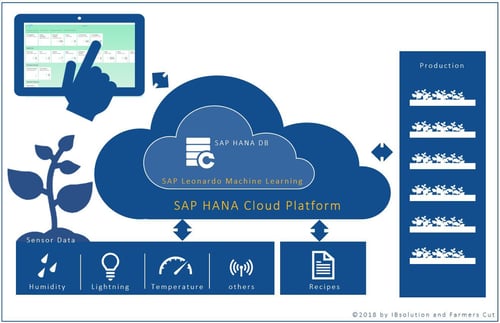
Together with IBsolution, an SAP consulting company based in Heilbronn, an adequate solution was quickly found. The decision was made to develop all process-supporting automatisms and apps on SAP Cloud Platform. IBsolution was able to use its spirit of innovation and its experience from a large number of projects with this still relatively new technology to design a lean yet scalable solution. However, the decision for SAP was not made solely because of scaling effects. Right from the start, they were aware that networking with business partners would have to take place − and they also use SAP, which makes it easier to link the systems together.
At the heart of the applications is an SAP HANA database that manages all of the company’s master data. Recipes, ideal environmental conditions, real data from the sensors and much more information converge there and, together with SAP Leonardo Machine Learning, help to continuously simplify and optimize processes. The connection of up to 1,000 sensors per farm was realized in just one day using Raspberry Pie.
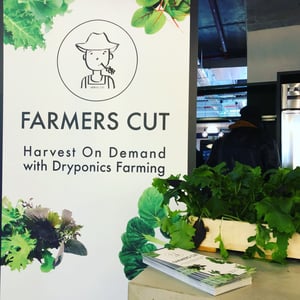 Simple control and monitoring
Simple control and monitoringIn the future, standard SAP Fiori apps will allow easy control and monitoring of sowing, the climatic conditions in the germination chambers and the entire production planning. Thanks to image capture and analysis with SAP Leonardo, even the harvesting of plants will be fully automated in the near future. The plan is to also develop and make these apps available as iOS or Android versions.
The high level of automation on SAP Cloud Platform, machine learning with SAP Leonardo and simple apps make it possible for almost anyone to become a “farmer”. Moving production to the customer improves the carbon footprint of food, reduces pollutants in food intake, and creates entirely new freshness experiences.
